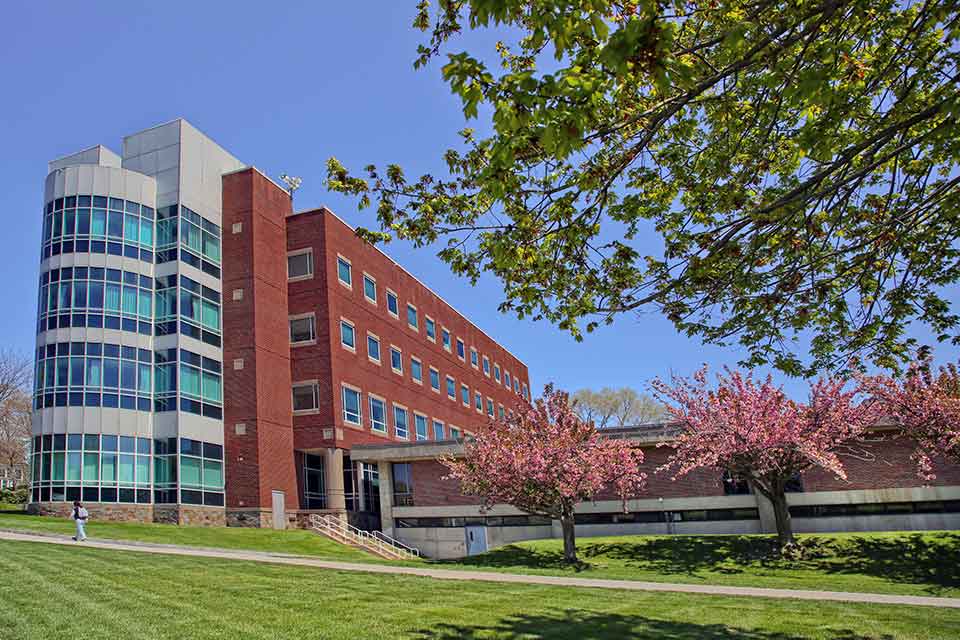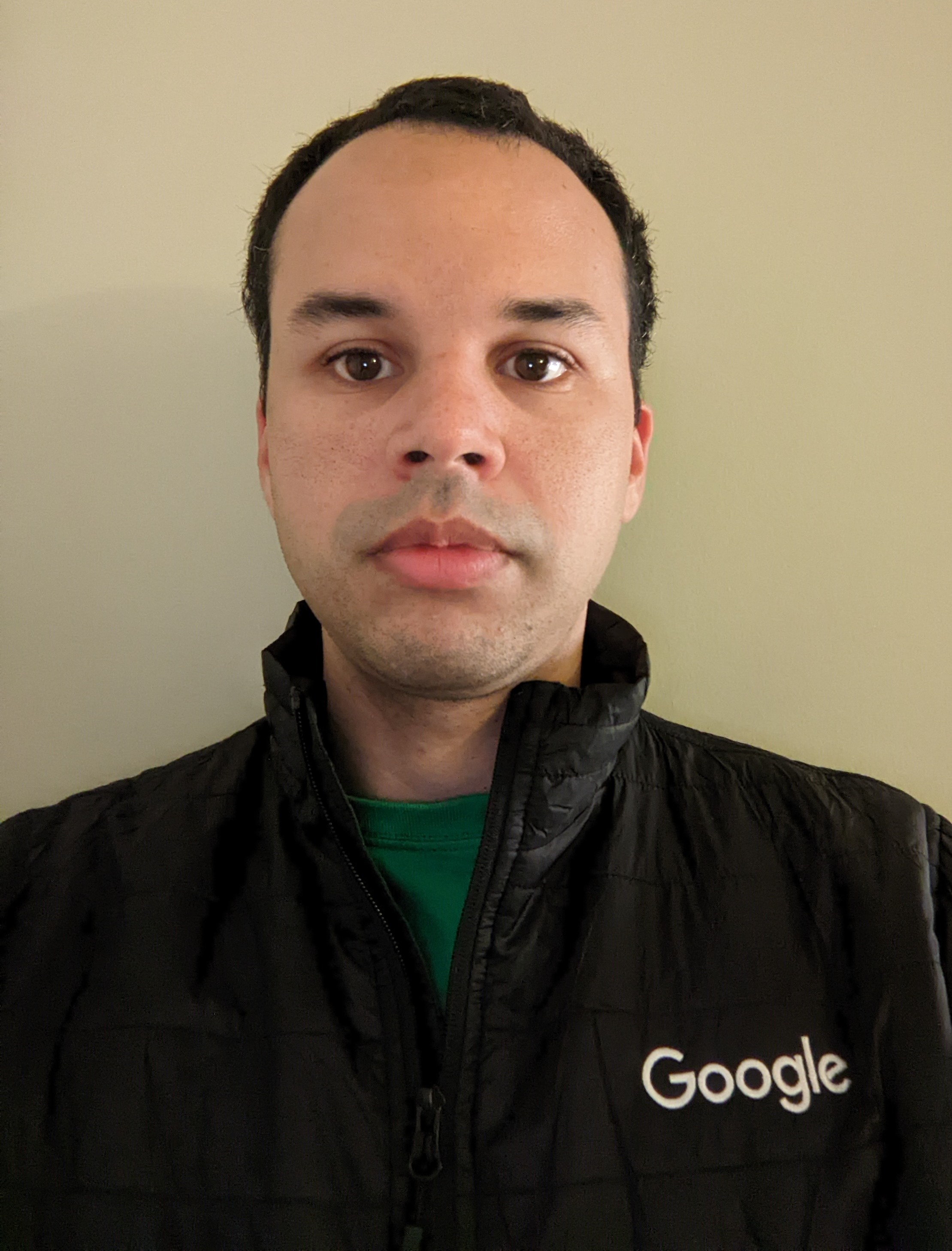From Brandeis to Google: One Student’s Journey through the World of Computational Linguistics

April 11, 2022
Sydney Adams | Graduate School of Arts and Sciences
José Molina GSAS MS'17, who works on Google’s civics team in Washington, DC, was a latecomer to the world of computational linguistics. Before entering the field, he had “never even heard” of computational linguistics, and his only related experience was in traditional linguistics, specifically phonetics, phonology and historical linguistics. It was not until his senior year of college when Molina discovered his love for computer science and “knew immediately” that he wanted to pursue computational linguistics. Although Molina says he was “very wary” about the field at the time, he found Brandeis’ “balanced program” helped him navigate through his lack of familiarity with the space.
The Michtom School of Computer Science at Brandeis University holds a world renowned reputation for its computational linguistics master’s programs, that offer rigorous and comprehensive curriculum to support its current students and vast network of alumni. For Molina, the support he received during his time at Brandeis, set him up for success. “I felt far more comfortable jumping into the work and reading related research topics that the team at Google was looking into thanks to everything I learned in the courses I took at Brandeis,” he says.
Molina points to the support he received from Professor Lotus Goldberg as a major contributor to his success. She helped him “find the right classes to get the most out of my time, often meeting with me quite a few times and very patiently listening to me go back and forth with what I thought I wanted to do.” Molina also learned a great deal from other students pursuing the same degree. “Many of us came into the program from very different backgrounds with different areas of expertise, and everyone was extremely friendly and willing to go the extra mile to help each other out when we could.”
 In his role at Google, Molina works “mostly with political data ingestion pipelines.”Before transferring to this team, however, he worked in Googleʼs speech recognition team in New York training models for products like Assistant and YouTube captions.
In his role at Google, Molina works “mostly with political data ingestion pipelines.”Before transferring to this team, however, he worked in Googleʼs speech recognition team in New York training models for products like Assistant and YouTube captions.
Molina encourages students considering pursuing graduate study in computational linguistics, to “try as many things as possible and really figure out what you like.” He entered the program initially thinking he wanted to work in research, “but as I took courses and did internships, I realized that research was not for me, and that I instead preferred working on infrastructure projects that could be used by research teams or working with data pipelines.” He also recommends remaining, “open to trying new things, even if you think you know what you like and be open to taking courses outside of your immediate passions, because your biggest interests and what you enjoy working on day-to-day may not necessarily align perfectly, and this program is the perfect place to explore and figure things out.”






